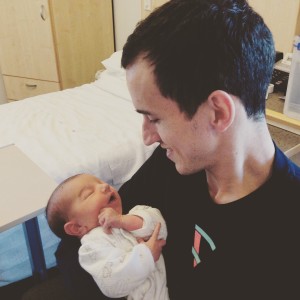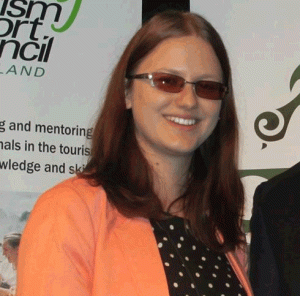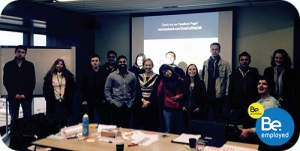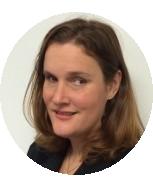Auckland Zoo is delighted to have NZSL interpreting students now interpreting at some of its animal encounters as part of an exciting new four-month trial.
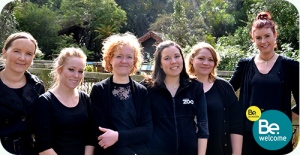
Third-year students from AUT’s Bachelor of NZSL-English Interpreting are bringing keepers’ animal encounter talks to life for the Deaf community every second Saturday of the month between now and the middle of November.
Most excited about this new initiative is the Zoo’s team leader of Animal Experiences, Lana Laurenson.
Lana came up with the idea after observing a family signing to other family members while having an impromptu chat with a zookeeper in the Zoo’s lorikeet aviary.
“I thought, why don’t we do that?! At our scheduled daily public encounters keepers share a lot about our animals, what’s happening with their species in the wild and actions we can all take to help them – often sharing their own personal stories and experiences in a really compelling way.
It’s this kind of sharing that can really build on peoples’ connections and appreciation of wildlife, and it just seemed a real shame that we weren’t making these accessible to everyone,” says Lana.
The organization Be. Accessible put Lana in contact with AUT staff and what started as a possibility quickly became reality.
“It’s really exciting to see it develop, and our first Saturday in August demonstrated its value, with some visitors signing and other people, who knew some sign through having Deaf family members, expressing their delight at seeing signing at the Zoo,” says Lana.
AUT NZSL Interpreting Programme Leader George Major says there has already been a lot of interest from the Deaf community via social media about the new initiative and a lot of support for these students as well.
Dr Major says for their degree, the students are required to do 50 hours interpreting observation followed by 50 hours of practical interpreting experience in a wide variety of community settings. Having the Zoo be part of this for the first time is just fantastic.
“We are so lucky to be working with the Zoo on this initiative – it’s such valuable practice and experience for our students, and at the same time we get to support this important trial for making the Zoo more accessible to the Deaf community in the future.”
Student Julia Freeman, who interpreted at the orangutan encounter for the first time in August says: “It’s so exciting to be signing at the Zoo, and feels like such a privilege.”
This article was reprinted with permission from the Auckland Zoo newsletter.
